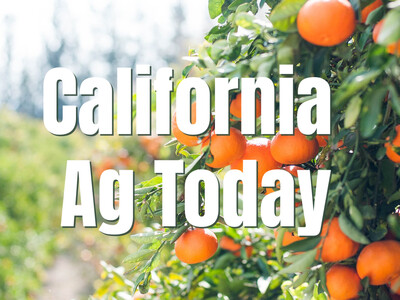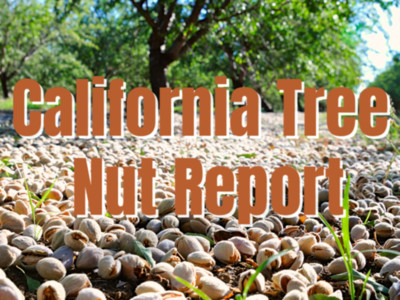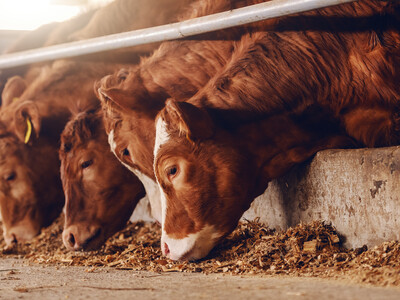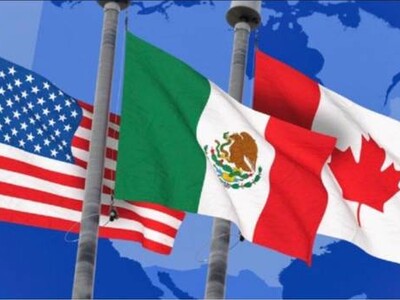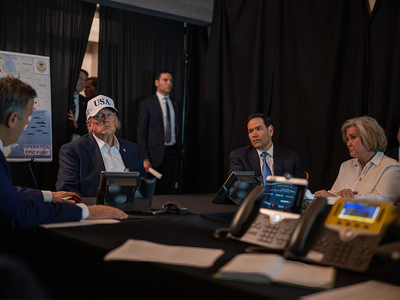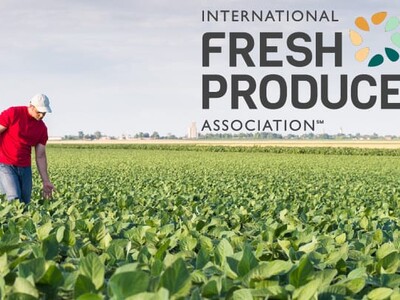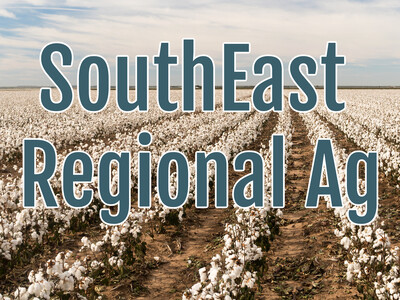Equity Capital to Buy More Farmland

Tim Hammerich
News Reporter
Banks have been a reliable source of financial support for farmers all across the U.S., but when a farmer wants to purchase more property, they will typically only lend 40-60% of the value of a field. Ben Gordon, founder and CEO of Fractal says that’s why his business is providing equity capital for farmland, which helps free up more cash flow for farmers.
Gordon: Yeah, so, I mean, they're essentially selling a share up front of the property and then they're going to pay an annual payment on that share alone. And that annual payment can be paid in cash or in additional equity. But if it's an additional equity, it's actually more expensive because cash now is worth more than cash in the future. And so really like that rate is what we need to make sure they have the cash flows to coverage. And so, you know, we always say that fractal is not a silver bullet. We can't take a brand new farmer and get them to 10, 000 owned acres. So many times in ag tech, uh, you know, there's all this overhype of like, we can do all these things. What we really are is we are another tool, like Kyle said, to help great farms, great operations with great cash flows, move a little bit faster, a little bit further within discipline. So in other words, they have great cash flows as opposed to waiting to get all those cash flows to put 40 or 50 percent down on the next field. You're able to use some of those for the fractal payments and your debt service coverage on the next deal. And so that way you're able to accrue more land from that land. You're then able to get more cash flows. And it becomes this great virtuous cycle of both building equity and driving operational leverage, which means that you have more profit per acre, not just on the deal that you have with fractal, but on that entire operation.
Learn more at fractal.ag.




